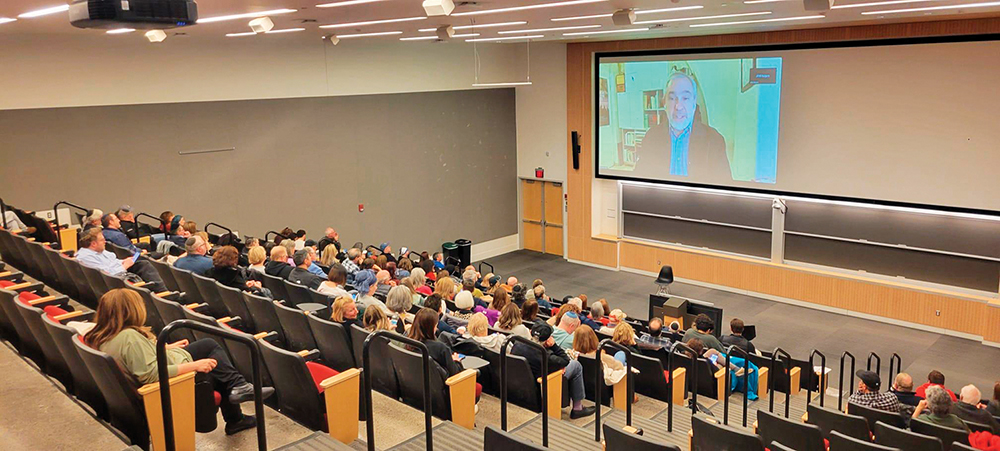The average job search in the United States, according to Bureau of Labor Statistics data from January, lasts 20.9 weeks. Does that surprise you?
If the calls coming into my office from job seekers–I’m an independent career coach–are any indicator, then I would say that number is a bit of an unpleasant surprise to you. Not a life-threatening jolt to your system, but a shock to some degree.
I say this because every caller in the last two months, when I asked, guessed lower than that, some by as much as 50%. It’s hard to determine why the general perception is so off the mark, but my 27 years as a job market observer and career coach point me in the direction of optimism. The American job market of the last three years—the best and strongest ever—has been on such a roll for so long, that most people expect the job search to be a walk in the park, and a short one at that. That’s as faulty a piece of thinking as the “logic” that if a company’s sales are up, then its stock price must be up, too.
We all know where that leads.
Before we try to analyze the job search picture, permit me a word about averages: They’re usually useless. My favorite example is the 1974 North Carolina State men’s basketball team, the national champ, coached by the legendary Jim Valvano. They had a 7’4” center (Tom Burleson) and a 5’3” point guard (Monty Towe). Their average height was 6’3½” but that tells you nothing about either guy. On the other hand, it does coincide with their 6’4” small forward (David Thompson), who was such a rare physical talent that it often seemed he could fly, so that no numbers in the world could do him justice. (You older readers remember exactly what I’m saying.) So, averages, we see–especially those of vast populations, like the civilian labor force of 167 million–take so many variables into account that we need other measurements.
Variables include tangibles like job levels applied for, number of jobs available in the field, salaries sought and so on; intangibles include intensity of the search, quality of the candidate’s résumé, number of candidates, etc. Too many factors.
What we can rely on, though, is a BLS report called JOLTS, the Job Openings and Labor Turnover Survey. Here we get the report on numbers and rate of open jobs and rates of hires, layoffs and voluntary quits. Taken together, we start to find answers.
The most common second question is: If we’re in such a hot job market, shouldn’t employers be scooping up candidates in record time? Well yeah, you’d think, but there’s more to it. Since unemployment is so low – it’s been under 4.0% for 24 straight months – and with productivity on the rise, employers will be filling those jobs, but more deliberately. On what do we base that assumption? The number of open jobs is above 9,000,000, a rate of 5.4%, which is below where it was during the meteoric recovery from the pandemic, but significantly higher than historically usual.
And what makes me even more sure of this is that the median job search—the number above which and below which there are equal numbers—is 9.6 weeks. That tells me that, since the number of candidates landing jobs in, let’s say, six weeks is equal to the number landing jobs in 16, the determinant is not any or all of the BLS’s stats. Those are indicators, trailing or leading indicators, but indicators only.
Your length of job search – and the quality of the result – will be determined by what kind of candidate you are, how well your résumé and LinkedIn profile are done, how smart your job search strategies are and how effective your networking is.
At the outset, your job search may appear to be a quantitative exercise, a numbers game, and to a small degree it is. But in the end, based on having coached more than 7,000 clients over 27 years, I’m confident when I say that numbers are good up to a point, but your job search is more qualitative than anything else.
That’s why I said the following in the introduction to my book (years back): Career coaching is more an art than a science; it is more intuitive than it is empirical; it works more on hunches and accumulated experience than it does on proofs and rational systems of thought. Career coaches who consider themselves scientists are fooling themselves. We are, hopefully, artists – and when we do our jobs well, we produce good work.
That has not changed. Just the job market has.
Eli Amdur has been providing individualized career and executive coaching, as well as corporate leadership advice, since 1997. For 15 years, he taught graduate leadership courses at FDU. He has been a regular writer for this and other publications since 2003. You can reach him at eli.amdur@amdurcoaching.com or at 201-357-5844.











